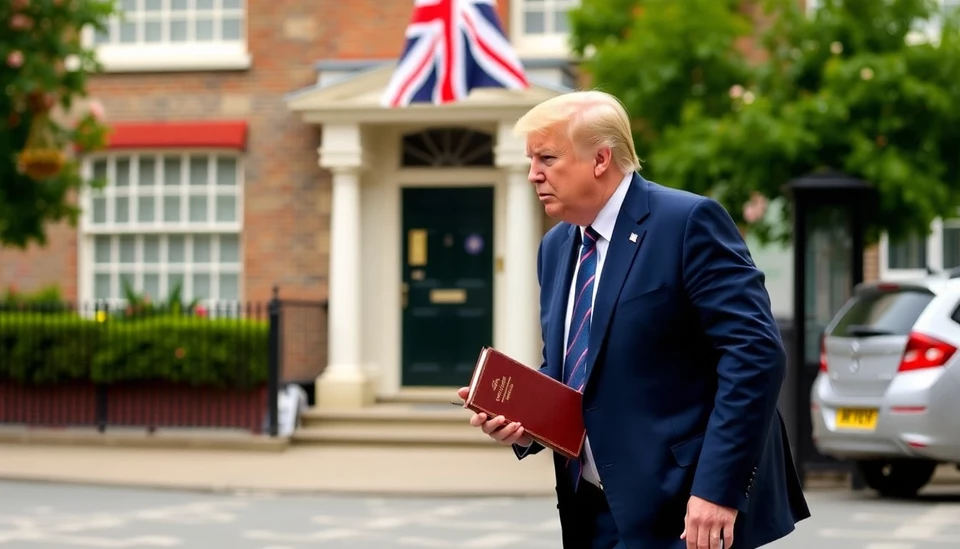
In a conflicting economic landscape, recent data has revealed that UK wage growth has accelerated significantly, despite a noticeable downturn in employment figures. This development places the Bank of England (BoE) in a challenging position as it navigates the complexities of monetary policy amid shifting labor market dynamics.
The Office for National Statistics (ONS) reported that average earnings, excluding bonuses, rose by 7.2% in March, marking a significant increase from the previous year. This wage growth is the largest seen in over two decades. Economists attribute this surge to various factors, including a tight labor market, increased demand for skilled workers, and policies aimed at raising the minimum wage. Notably, the rise in salaries comes at a time when inflation remains elevated, forcing many workers to demand higher pay to keep up with rising living costs.
However, the positive trend in wages is countered by alarming data on employment. Latest figures indicate that the UK has experienced a 1.5% decline in employment over the last quarter. This drop has raised concerns among analysts about a potential recession that could be looming on the horizon. The current uncertainty surrounding economic growth has led to fears that the tightening labor market may soon be softened by job losses in various sectors.
The BoE’s mandate focuses on controlling inflation and supporting economic growth, and the rise in wages could complicate its decision-making process. On one hand, increasing wages can help stimulate consumer spending, thereby promoting economic growth. However, sustained wage inflation could also lead the BoE to implement tighter monetary policy to curb inflationary pressures, which could further exacerbate the employment decline.
Central bank officials are currently tasked with making crucial decisions about interest rates amidst these conflicting signals. Some economists believe that the BoE might have to raise interest rates soon to manage rising inflation and avoid economic overheating due to rapid wage gains. Others argue that the slowing job growth indicates a need for caution, as raising rates could stifle economic momentum and lead to further declines in employment.
As the UK grapples with these complex economic challenges, policymakers and market watchers are closely monitoring developments in both wage and employment trends. The outcome of this delicate balancing act could significantly impact the UK economy, potentially setting the stage for either a sustained recovery or a troubling downturn.
With the BoE's next meeting approaching, investors and analysts are eager to see how the central bank will respond to these conflicting economic signals. The decisions made in the upcoming monetary policy review will be pivotal in shaping the future direction of the UK economy.
As the situation unfolds, it is clear that the interplay between wage growth and employment levels will remain at the forefront of economic discussions. The Bank of England faces a critical dilemma as it seeks to manage inflation while fostering a healthy labor market.
#UKEconomy #WageGrowth #Employment #BankofEngland #InterestRates #EconomicPolicy #Inflation
Author: Daniel Foster




